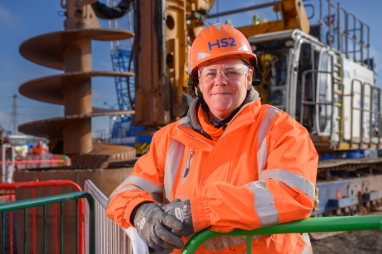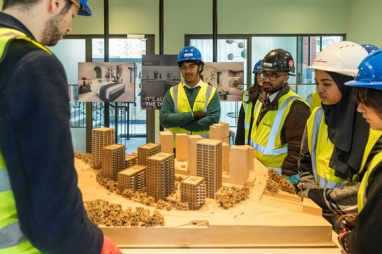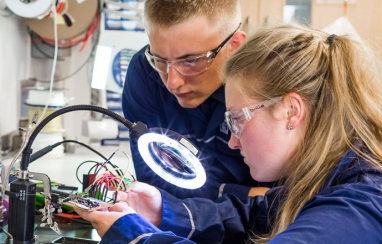- stan smith nuud women black and blue jordan shoes - IetpShops - Adidas AdiFC Orlando Pirates
- Jordan 10 Retro Light Smoke Grey310805-062 , 602 Release Date - Verse 555088 - Air Jordan 1 Origin Story Spider - IetpShops
- Nike Nsw Therma - Fit Repel Puffer Jacket– JmksportShops - ladies length nike air max 95 essential black gold
- adidas superstar heren groen shoes sale india 2018
- AIR Polaire JORDAN8 “Aqua” DZ3356 - Кросівки jordan delta mid dc2130 006 , 001 - 127-0Shops
- Air Jordan 3 Rust Pink CK9246 600
- air force 1 shadow
- Nike Blazer Mid 77 Catechu DC9265 101 Release Date
- 554725 113 air jordan 1 mid white black 2020 for sale
- kids air jordan
- Home
- News and analysis
- Info hubs
- Events
- Video
- Case Studies
- About us
- Magazine
Produced for the industry by the Association for Consultancy and Engineering
News
EngineeringUK reveals ‘small but worrying’ spike in women leaving the sector

New data from EngineeringUK has revealed the proportion of women working in engineering and technology has decreased in the past year, specifically among women aged 35 to 44.
The number of women working in engineering and technology roles has declined from 16.5% to 15.7% in the last year - representing a decrease of 38,000 women
In contrast, women make up more than half of the rest of the UK workforce (56.1%).
Further analysis shows the drop is concentrated among women aged 35 to 44.
Analysis of the wider UK workforce does not show a similar drop or pattern of women leaving other professions.
It is hoped the data, published by EngineeringUK as part of its annual review of the engineering workforce, will serve as a wake-up call to engineering and technology companies to improve recruitment and retention practice.
EngineeringUK chief executive, Hilary Leevers, said: “We are taking this small but significant decline very seriously.
“Behind the percentages, are professional women with real lives and careers.
“The sector as a whole needs to better understand why women are leaving and work harder to improve their retention, including creating opportunities for those who have left the profession to return.”
But Leevers said there were some positive in the data.
“In 2023 there were more women entering engineering and technology occupations in the 16 to 34 age groups,” she added.
“This indicates more women are entering the workforce straight from education and training.
“It’s important we drive forward on all fronts - inspiring and recruiting more young people into engineering and technology and then retaining their talent and experience too.
“Each and every business leader should take this opportunity to sense check their own recruitment and retention practices and see how they can be improved.”
"I’d encourage employers to look at the good practice out there and to approach organisations like WISE, WES , Equal Engineers and the Royal Academy of Engineering who can all support women and businesses with inclusion and equity in the profession.”
EngineeringUK highlights current good inclusion practice amongst some firms and hopes others, regardless of size, follow their lead.
Diversity and inclusion lead at global engineering firm AtkinsRéalis, Rebecca Crowther, said: “In 2022 AtkinsRéalis published its Career Deflection Report which brought national attention to some of the issues faced by women who are leaving the engineering profession at twice the rate of men.
“The findings of the report informed and led change within AtkinsRéalis – including the introduction of flexible bank holidays, enhanced parental leave and targeted training for women at all levels of the organisation – and prompted debate across a sector which must take responsibility and commit to change.”
Kate Jennings, chief executive officer for The Association for Consultancy and Engineering (ACE) and the Environmental Industries Commission (EIC), said: “Recruiting and retaining skilled engineering staff is crucial to our sector , especially now when there are skills shortages.
“Many of our members volunteer their time and work alongside organisations like STEM and WISE to encourage more women into the profession.
“We all know that to design the best places and infrastructure for the future, we need equality and diversity across the built environment workforce so that the needs of communities are properly represented.
“Our membership also supports positive people polices and well being practices to support women once they are in the workplace.
“While there are many reasons why women at this age may choose to change or take a break from their career, there is still a need to understand what is happening and to highlight positive role models and work practices in the sector as we continue to build a greater pool of mentors to help women climb the career ladder.”
Click here to read the report.





